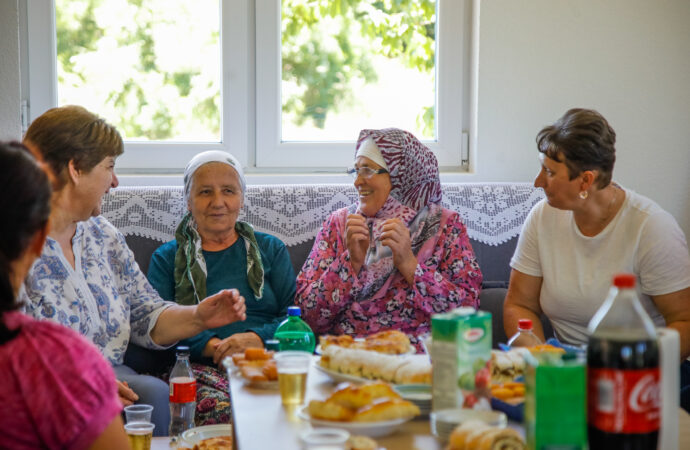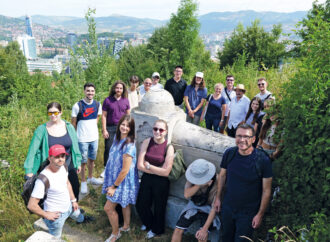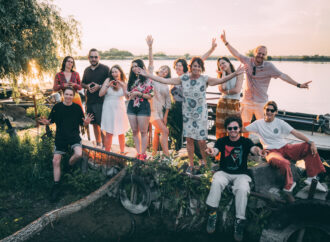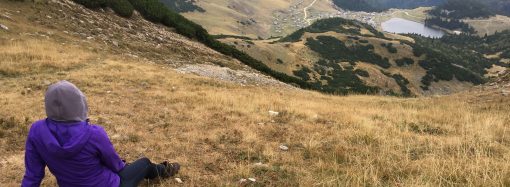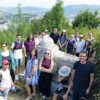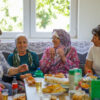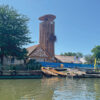The Dayton Peace Agreement was signed on 14 December 1995. This ended the war in Bosnia and Herzegovina. The three years of conflict between 1992 and 1995 were particularly violent and traumatising for the civilian population, who suffered from massive war crimes, “ethnic cleansing”, expulsions and sexualised war violence. The whole country should have been
The Dayton Peace Agreement was signed on 14 December 1995. This ended the war in Bosnia and Herzegovina. The three years of conflict between 1992 and 1995 were particularly violent and traumatising for the civilian population, who suffered from massive war crimes, “ethnic cleansing”, expulsions and sexualised
war violence.
The whole country should have been given psychological therapy after the end of the war,” said an employee of one of AMICA’s partner organisations in Bosnia, who spent the war in besieged Sarajevo.
The war strategy included violence, particularly against women and girls. It is estimated that between 20,000 and 50,000 women were victims of systematic sexualised war violence. 30 years after the end of the war, their wounds have still not healed.
“Yes, the war is over, but in my head, I am still waiting for the war to end for me,” wrote one affected woman in her diary. Like many other women who experienced the war, she found support and solidarity at AMICA.
How does AMICA provide support?
AMICA has been supporting women who have experienced sexualised violence in Bosnia and Herzegovina since 1993. The initial humanitarian aid during the war quickly developed into a model project for psychosocial support for traumatised women. This model is still the foundation of AMICA’s work today and is based on a central principle: those who are disadvantaged in multiple ways need support on several levels – psychological, medical, legal and economic.
In Bosnia and Herzegovina, many women are not only severely traumatised. Survivors of war violence are also often affected by marginalisation and poverty. Especially in rural, remote and economically weak regions, they find it difficult to (re)build their lives.
With the current project, which is co-financed by the Baden-Württemberg Foundation as part of the “Perspektive Donau” (Perspective Danube) programme, AMICA aims to empower these women. Together with the Bosnian partner organisations, AMICA supports them economically, accompanies them with psychological and social counselling and promotes their participation in society so that they can stand up for their rights independently. Court proceedings are particularly stressful for victims of sexualised wartime violence: AMICA helps women who want to testify against perpetrators in court and/or claim compensation by providing free legal advice and psychological support before, during and after the trial.
Over the years, AMICA’s individual counselling and group services have reached numerous women, initially in Tuzla and now in Sarajevo, Prozor- Rama, Potoci-Vrapčići and Brčko. This gave rise to many self-help groups that are still working independently today. The most recent example is the “Little Women’s Corner” house in the village of Here. This place is a safe space, a meeting place and a creative workshop for disadvantaged and war-traumatised women from the community of Prozor.
They support each other, work together to sell their products at agricultural fairs or learn new techniques for their handicrafts from each other. What they experience above all in “Little Women’s Corner” is a solidarity that does them good and creates new perspectives. “We can only bring about change if we work together,” said one woman after the opening of the “Little Women’s Corner”. This is precisely the idea behind AMICA.
A contribution from AMICA


